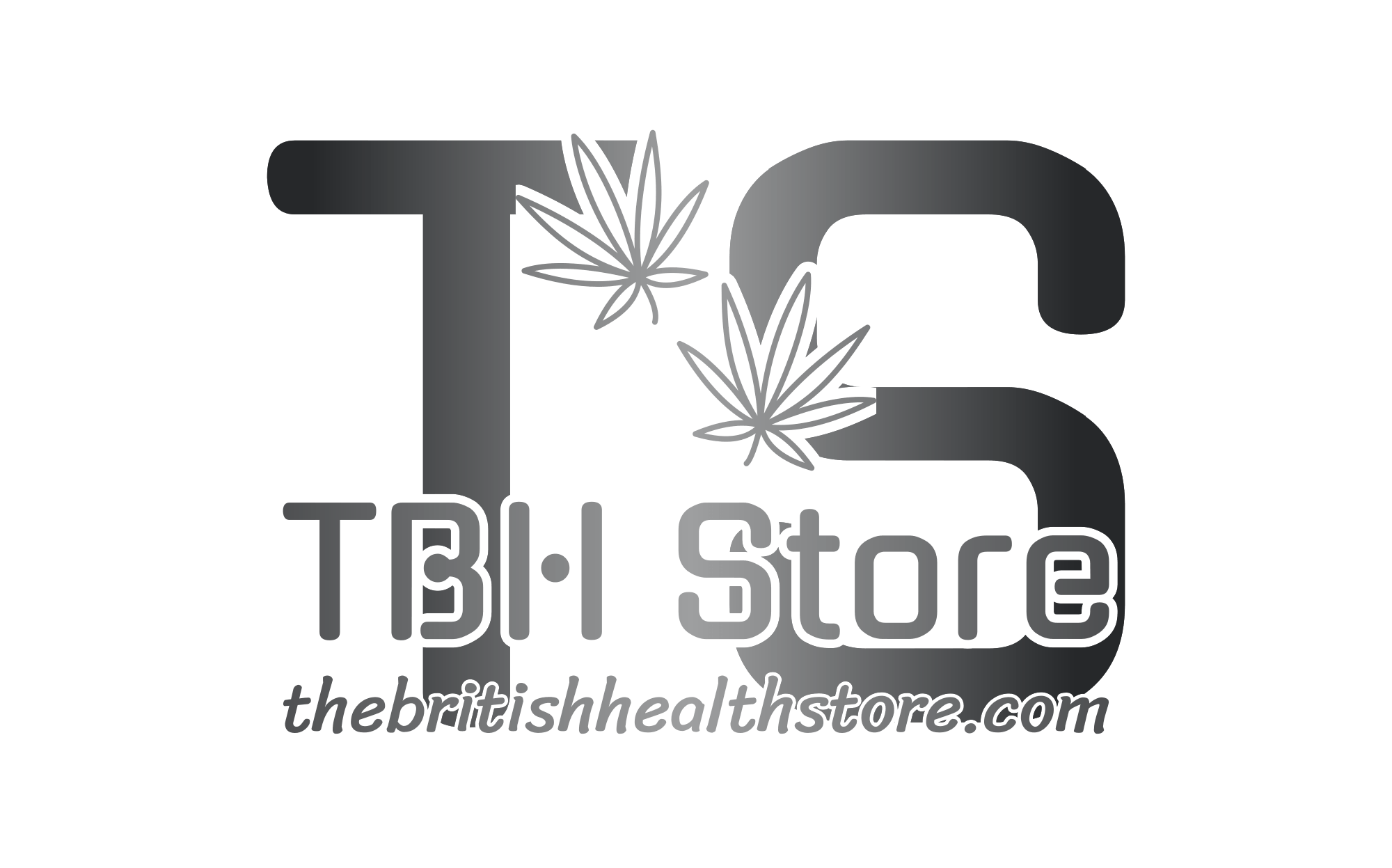Understanding Iron Absorption
Iron exists in two forms: heme iron, found in animal-based foods, and non-heme iron, found in plant-based and fortified foods. Heme iron is more readily absorbed by the body than non-heme iron. However, incorporating certain nutrients and dietary practices can enhance the absorption of both types of iron.
Factors Affecting Iron Absorption
Several factors influence the absorption of iron from foods, including:
Iron Source
Heme iron from animal-based foods is better absorbed than non-heme iron from plant-based sources.
Vitamin C
Consuming foods rich in vitamin C alongside iron-rich foods can enhance iron absorption.
Nutrient Interactions
Certain nutrients like calcium and polyphenols can inhibit iron absorption, while others like vitamin A and beta-carotene may enhance it.
Cooking Methods
Cooking foods can affect their iron content and availability. For example, boiling vegetables may leach out some of their iron, while soaking legumes can reduce anti-nutrients that inhibit iron absorption.
Strategies to Increase Iron Absorption
To maximize the absorption of iron from foods, consider the following strategies:
Pair Iron-Rich Foods with Vitamin C
Consuming foods rich in vitamin C, such as citrus fruits, strawberries, bell peppers, and broccoli, alongside iron-rich foods can significantly enhance iron absorption. For example, squeeze lemon juice over leafy green salads or enjoy a fruit salad with iron-fortified cereal.
Cook in Cast Iron Cookware
Cooking acidic foods like tomato-based sauces or chili in cast iron cookware can increase their iron content. The iron leaches into the food during cooking, providing an additional source of dietary iron.
Include Fermented Foods
Fermented foods like yogurt, kefir, sauerkraut, and kimchi contain probiotics that promote a healthy gut microbiome. A healthy gut microbiome can enhance iron absorption and utilization in the body. Incorporate fermented foods into your diet as a tasty and nutritious addition to meals.
Avoid Consuming Iron Inhibitors
Certain compounds, such as calcium, tannins (found in tea and coffee), and phytates (found in whole grains and legumes), can inhibit iron absorption. To maximize absorption, avoid consuming these inhibitors alongside iron-rich foods. For example, drink coffee or tea between meals rather than with meals containing iron-rich foods.
Consider Iron Supplements
If you’re unable to meet your iron needs through diet alone, consider taking iron supplements under the guidance of a healthcare professional. Iron supplements are available in various forms, including ferrous sulfate, ferrous gluconate, and heme iron polypeptide, and can help correct iron deficiency when dietary sources are insufficient.
FAQs (Frequently Asked Questions)
Can I increase iron absorption by consuming iron-fortified foods?
Yes, iron-fortified foods can provide a supplemental source of iron. Pairing these foods with vitamin C-rich options can further enhance iron absorption.
Are there any foods that naturally enhance iron absorption?
Yes, foods rich in vitamin C, such as citrus fruits, strawberries, and bell peppers, can enhance iron absorption when consumed alongside iron-rich foods.
Can drinking coffee or tea with meals affect iron absorption?
Yes, drinking coffee or tea with meals can inhibit iron absorption due to their tannin content. It’s best to consume these beverages between meals rather than with iron-rich foods.
Are there any specific cooking methods that can increase iron availability in foods?
Cooking acidic foods in cast iron cookware can increase their iron content and availability. Additionally, soaking legumes before cooking can reduce anti-nutrients that inhibit iron absorption.
Should I take iron supplements if I’m not deficient in iron?
It’s essential to consult with a healthcare professional before taking iron supplements, as excessive iron intake can lead to toxicity. If you’re concerned about your iron levels, your healthcare provider can perform tests to assess your iron status and provide personalized recommendations.
Can certain health conditions affect iron absorption and utilization in the body?
Yes, certain health conditions, such as celiac disease, inflammatory bowel disease, and gastric bypass surgery, can affect iron absorption and utilization. Individuals with these conditions may require additional monitoring and intervention to ensure adequate iron intake and absorption.
Are there any lifestyle factors that can impact iron status and absorption?
Yes, factors such as menstrual blood loss, pregnancy, intense physical activity, and vegetarian or vegan diets can impact iron status and absorption. It’s important to consider these factors when evaluating your iron needs and dietary choices.
Conclusion
Optimizing iron absorption from foods is essential for maintaining adequate iron levels and supporting overall health and well-being. By incorporating iron-rich foods into your diet and implementing strategies to enhance absorption, such as pairing foods with vitamin C and cooking in cast iron cookware, you can maximize your iron intake and reduce the risk of deficiency. If you have concerns about your iron status or absorption, consult with a healthcare professional for personalized guidance and recommendations. With informed choices and mindful dietary practices, you can support optimal iron absorption and thrive.
- Sculptra Surrey – Collagen Stimulation Therapy Near Long Ditton, Surrey - May 31, 2025
- Sculptra Surrey – Collagen Stimulation Therapy Near Long Ditton, Surrey - May 31, 2025
- Navigating Sexual Identity In The Digital Age - May 30, 2025
